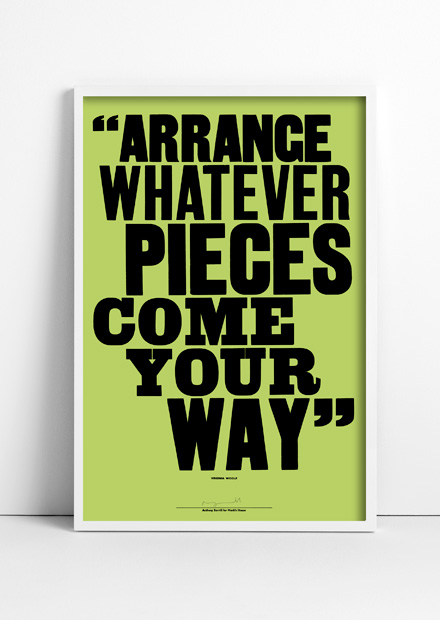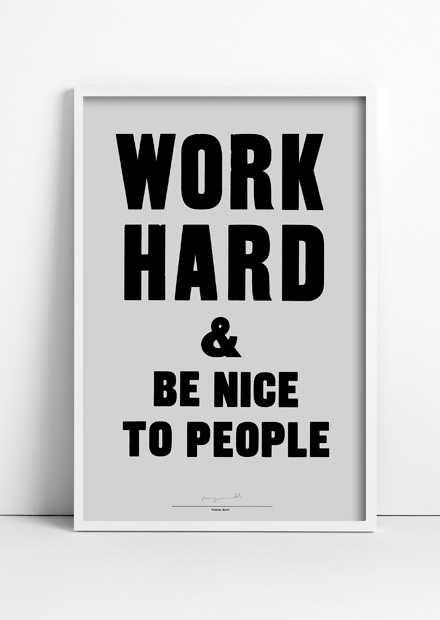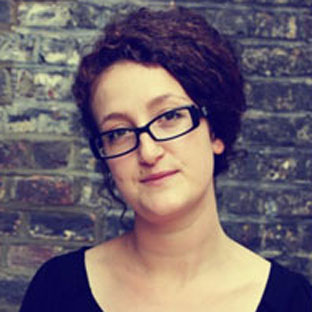Image by Anthony Burril.
The first ever unMonastery launched this month in the city of Matera, in Southern Italy. Doing something new is messy. The path is unclear, doubt is a killer, and it’s somehow never easier to quit than when you are on the verge of something real.
2014 could be the year of unMonastery, and my mission, gladly accepted, is to help shape evaluation models and metrics that help us understand what it is and if it is working.
#unMonastery?
UnMonastery is place-based social innovation that throws a group of people into one place – currently Matera – and sees what happens. It takes issues facing the whole of Europe – youth unemployment, mismatched skills, brain drain to major cities, under-utilised buildings, depleted public resources –and offers up a secular, 21st century version of the monastery. People with skills and projects to offer are housed, fed and work out of a building that would be otherwise left empty.
Best suited to areas suffering brain drain and a lack of home-grown opportunities, the ‘unMonasterians’ are tasked with working with people from the local area to develop locally specific projects that respond to local needs and assets. For me the key question will be measuring whether the project is one that both preserves the sanity of its protagonists, and can be mapped to really engage with and become embedded in its local area. Without the wellbeing of those working in it, it becomes a workhouse, without local embeddedness it becomes a fun working holiday for some super-skilled Europeans.
Matera

The Matera unMonastery is situated in the ‘Sassi’ of Matera, a ridiculously picturesque setting in the labyrinthine ancient part of the city, where, since the troglodyte era, houses have been built into the local ‘tufo’, a calcarenite rock that comes from marine sediments. Whilst fantastic, this setting will actually prove to be one of the first challenges for the unMonastery: Matera, the people, is not Matera, the beautiful and touristy Sassi.
The team
The Matera unMonasterians were selected through an international open call in which people were encouraged to apply for residencies in Matera with projects that responded to local needs and interests, as had been set out following a series of co-production workshops. The final team comprises of projects that take us from building functional solar-panel trackers with local young people, to setting up water-filtering systems for urban farming. The skill-set of the unMonasterians spans coders, graphic designers, illustrators, engineers, social scientists, artists. Over the next four months their projects will focus both on Matera, and on unMonastery as a venture in its own right. UnMonastery favours total, brutal, transparency: you will able to follow its progress, with everything from project plan updates to budgets available online. If at all curious, you can meet the team and ask many questions today (!) from 10am UK-time, by following the hasthtag #unMon on twitter.

Progress so far?
The first week has been slow, taken up with the difficulties of setting up when much is out of your control: internet down, heating variable, furniture arriving after the people.
Due to the iterative nature of building unMonastery, it was always hard to know what it would end up being. Born as an idea in the first EdgeRyders conference in Strasbourg, it only became real when Matera – currently a candidate for European City of Culture 2019 – stepped up as a host and funder. First Materans shaped unMonastery in their understanding of what Matera’s assets, resources and needs were; then the unMonastery applicants shaped unMonastery through the projects they proposed. And now, Matera and unMonasterians – sometimes the same thing – will shape each other.
So, how will we know if it is working?
Without the wellbeing of those working in it, #unMonastery becomes a workhouse; without local embeddedness it becomes a fun working holiday for some super-skilled Europeans

The job of the unMonasterians is now to work hard and be nice to each other - not too light a request when living and working in the same space as up to ten people for up to four months.
Using metrics developed in the RSA's Connected Communities work, I am helping them develop ways of measuring how things are going, inside and out.
1. How are you? Social change is messy, and burn-out is often the cost. The unMonasterians will be asked to measure their levels of wellbeing, and make sure they have routines that allow for some version of the five ways to wellbeing and proper sleep.
2. Do you feel part of a community? RSA Connected Communities work has really highlighted the importance of feeling part of a community, of feeling accepted where you are.
3. Do you feel supported? It is important to know that you can go to others when you need, and our social connections are often the first thing to suffer when we move around. Even for those who live in Matera full-time, their new focus could disrupt those social connections that currently help them feel well.
4. How are you and your project linking in to the local area? This is the big mama of the questions. Even if our unMonasterians are happy, bright eyed and bushy tailed, without real local engagement unMonastery is a spring-break, not a new way of working. Using social network analysis, and possibly linking to unMonasterian Lucia's walking ethnographies, we will be tracking who the unMonasterians are working with, how this changes, and if this goes beyond the existing contacts of our contacts. Everywhere is a bubble: a key question will be whether we can burst ours.
2014 could be the year of the unMonastery, and unMonastery could be the start of something really excellent. Please do follow unMonastery on twitter, keep up to date with what they are doing here, and join them for an online twitterstorm at 10am today!
Calling all @unmonastery enthusiasts: Twitterstorm Monday 11am CET to meet the team! #unMon #portaMateranel2019
— Edgeryders (@edgeryders) February 8, 2014
------------------------------------------------------------------------
Gaia Marcus is a Senior Researcher on the RSA Connected Communities project.
She is an Edgeryder and an UnMonk advisor, founded the RSA Social Mirror project and is ¼ of the ThoughtMenu.
You can find her on twitter @la_gaia
The fabulous poster images are all by Anthony Burrill.

Be the first to write a comment
Comments
Please login to post a comment or reply
Don't have an account? Click here to register.